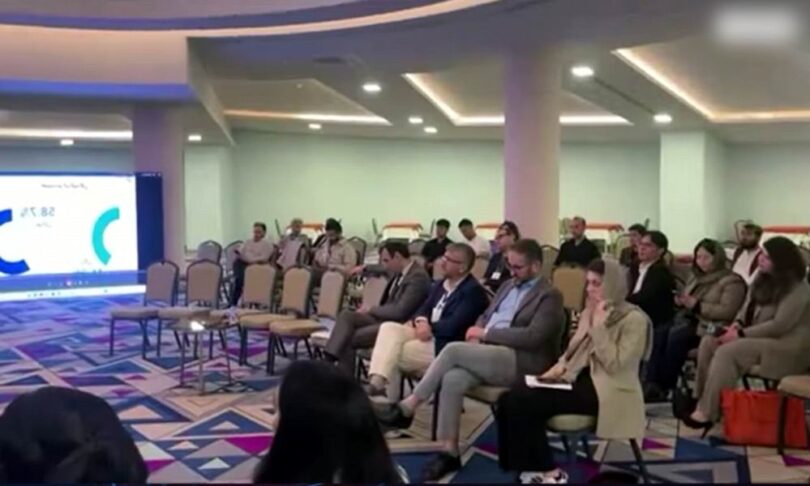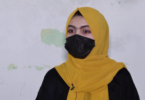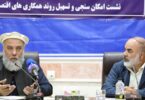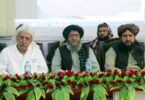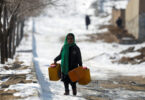KABUL (Khaama Press): The 3rd CDP-G National Dialogue Conference on Afghanistan concluded in Antalya, Turkey, drawing a diverse array of participants including political figures, activists, and journalists from both within and outside Afghanistan. Over two days, discussions delved into critical topics such as sovereignty, legitimacy, and the role of civil society in shaping the nation’s future.
Among the key outcomes was the consensus among representatives of 14 civil society institutions to establish the Afghanistan Civil Society Complex. This initiative aims to foster coordination and collaboration among civil actors, both domestically and internationally, to address pressing issues facing Afghanistan. Despite the overarching theme of peace, concerns were voiced regarding the simultaneous discussion of war-related matters during the conference. Political expert Ismail Gharni lamented this dual focus, advocating for a more singular emphasis on peace-building efforts.
Women’s rights activists played a prominent role in the dialogue, highlighting the imperative of women’s participation in political and social spheres. Adila Zamani, a leading advocate, emphasized the significance of authentic representation that accurately reflects the challenges faced by Afghan women.
Despite the constructive engagement of various stakeholders, the Taliban dismissed the conference as “unofficial.” This stance underscores ongoing tensions and divergent perspectives within Afghanistan’s political landscape, posing challenges to inclusive dialogue and consensus-building efforts.
Moving forward, the conference outcomes underscore the need for continued dialogue, inclusivity, and concerted efforts to address the multifaceted challenges confronting Afghanistan. Following the Taliban’s assumption of power in Afghanistan, there has been widespread international and domestic pressure for the formation of an inclusive government that encompasses all ethnicities, genders, and religious affiliations.
Calls have been particularly strong for the protection of human rights, including women’s rights to education and employment. However, despite mounting criticism, the Taliban leadership has yet to effectively address these persistent challenges, raising concerns about the group’s commitment to fostering a truly inclusive and rights-respecting governance structure.

